Overview
Zero-defect performance is crucial for suppliers to electric vehicle (EV) manufacturers due to several factors associated with the growing EV market. As the demand for EVs continues to rise, suppliers must meet stringent quality standards and deliver flawless components to ensure the overall reliability, safety, and customer satisfaction of EVs.

This article provides an overview of the trends, issues and volume demands for parts supplied to EV makers, along with a drilldown look at key partnering initiatives that have enabled ENNOVI to achieve zero-defects and zero late delivery performance for hundreds of thousands of complex parts per month to multiple EV manufacturers around the world.
The Importance of Quality in EV Manufacturing
Here are some of the key reasons why zero-defect and consistent on-time performance is critical for suppliers serving EV manufacturers and Tier 1 players in the global EV market.

Reliability and Safety: EVs rely on complex systems and components, including batteries, electric motors, power electronics, and charging infrastructure. Any defect or failure in these critical parts can have severe consequences, ranging from vehicle breakdowns to safety hazards. Zero-defect performance ensures that the components meet high-quality standards, reducing the risk of failures and ensuring the reliability and safety of EVs.

Cost Reduction: Defective parts can lead to increased warranty claims, recalls, and customer dissatisfaction, which can be expensive for both the EV manufacturers and suppliers. Zero-defect performance helps minimize these costs associated with rework, repair, or replacement of faulty components.

Brand Reputation: In the rapidly expanding EV market, maintaining a strong brand reputation is crucial for EV manufacturers. Even a few instances of product failures or defects can tarnish the brand image and undermine customer trust. Zero-defect performance demonstrates a commitment to quality, instilling confidence in customers and helping manufacturers build a positive brand reputation.

Regulatory Compliance: EV manufacturers must comply with stringent regulations and safety standards set by various governing bodies. Suppliers play a critical role in ensuring that the components they provide meet these regulatory requirements. Zero-defect performance helps manufacturers meet the standards, ensuring legal compliance and avoiding penalties or legal issues.
As for the volumes of parts required to support the growing EV market, the demand for EV components is indeed increasing significantly. Here are a few examples to illustrate the scale:

Batteries: EVs require large-capacity batteries, and their production has witnessed significant growth. According to Statista, the global demand for electric vehicle batteries will increase drastically, with a predicted demand of 6,530 gigawatt hours in 2050, which is about 600 times the value at the beginning of the forecast period.

Electric Motors: EVs rely on electric motors for propulsion. As the number of EVs on the road continues to grow, the demand for electric motors is also increasing. The International Energy Agency (IEA) forecasts that by 2030, the number of electric motors produced annually for EVs and other applications could reach around 70 million.
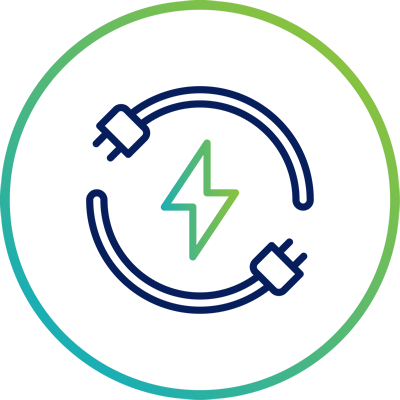
Power Electronics: Power electronics, including inverters and converters, are essential for managing the flow of electricity in EVs. The increasing adoption of EVs drives the demand for power electronics components. According to MarketWatch, the global automotive power electronics market size is estimated to grow from USD 4200 million in 2022 to USD 4870.7 million by 2028.
These examples highlight the substantial volumes of parts required to support the growing EV market, emphasizing the importance of zero-defect and on-time volume delivery performance to meet the escalating demand while ensuring quality and reliability.
ENNOVI’s Key Initiatives for Achieving Zero-Defects and On-Time Deliveries
As longtime trusted supplier of interconnects, power modules, housings, and many other complex assemblies to the automotive industry, even before the advent of EVs, ENNOVI has a proven track record of innovation and partnering success.
Our disciplined processes ensure compliance with quality assurance legislation and standards, such as ISO 9001, IATF 16949, ISO 13485, ISO 14001, ISO/IEC 17025, ISO 18001 and more. We establish internal policies on product design and tooling management to exceed our customers’ expectations. In helping to lead the global transition to electric vehicles, ENNOVI has built upon our established track record and even enhanced our excellent quality performance to meet the stringent requirements of the EV industry.
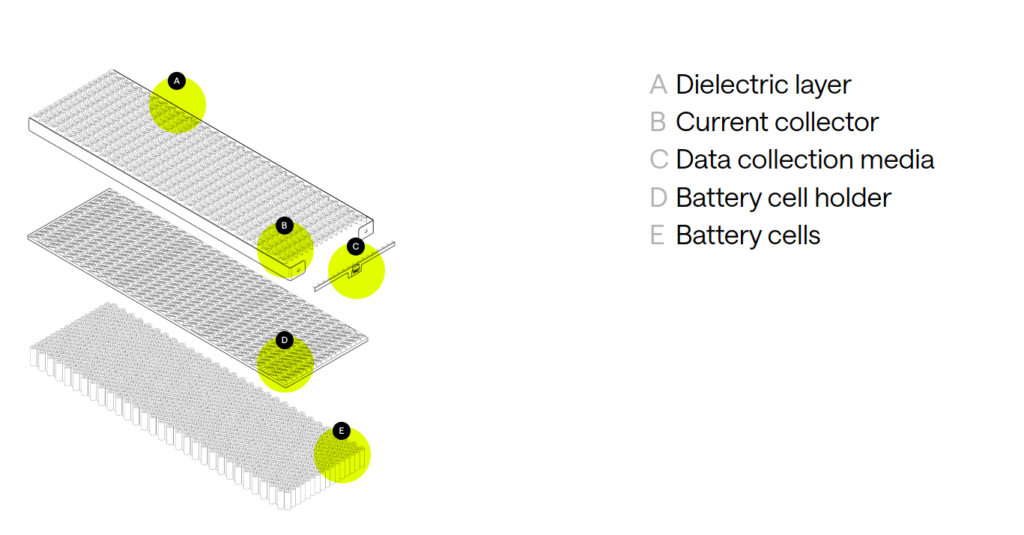
A good example of our high-volume, zero-defect performance is the design and delivery of customizable battery interconnect current collector solutions for use in EV batteries. These are an essential component of battery packs in electric vehicles. They serve as a critical linkage between the individual cells within battery packs and connections to external circuits by aggregating and conducting electrical current from the battery cells to the terminals of the battery pack.
During the current collector assembly process, the top and bottom current collectors, data collection media, dielectric layers and cell holders are all brought together in a highly efficient and robust manner that supports high-volume manufacturing and can be adapted for virtually any battery size, power requirements and configuration.
Over the past years, ENNOVI has delivered over a million battery interconnect systems to leading EV manufacturers while experiencing no defects and providing consistent on-time delivery.
Achieving this excellent track record of quality success is a direct result of our internal quality disciplines in combination with proactive communications and highly engaged partnering relationships with our customers. Some of the key factors for success include:
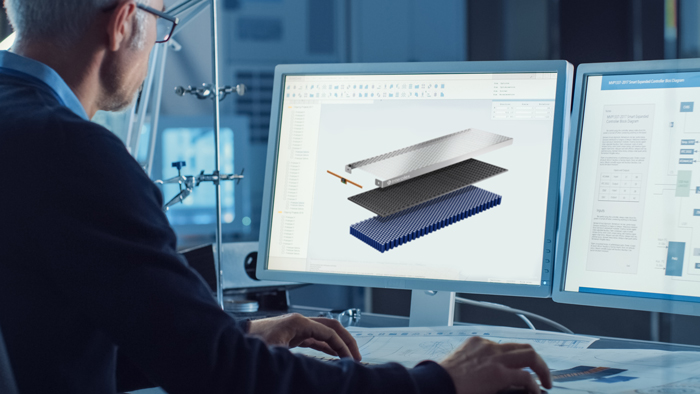
End-to-End Design Collaboration – As a true turnkey design-to-manufacturing partner, ENNOVI can help keep things moving in the right direction from early design concepts through prototype testing and all the way to high-volume, high-quality production. For example, in the success story cited above, ENNOVI design engineers worked closely with our EV customers to customize the CCA configurations to their specific needs, with a focus on their overall battery design goals and specifications. This not only helps eliminate defects in the current collector production process, it also minimizes any quality issues with the downstream assembly of the modules and battery packs.
Vertical Integration of Specialized Processes – Another important factor in ENNOVI’s zero-defects and on-time performance is the ability to optimize various segments of the overall production process. For instance, the battery interconnect production process leverages ENNOVI’s core competencies by separating the high precision stamping process from the lamination and other assembly processes. This allows for optimizing each process to deliver high volume throughput with zero-defects. This separation of activities along with automation and optimization has enabled a 42% increase in production speed at ENNOVI’s production facility in Hangzhou, China.
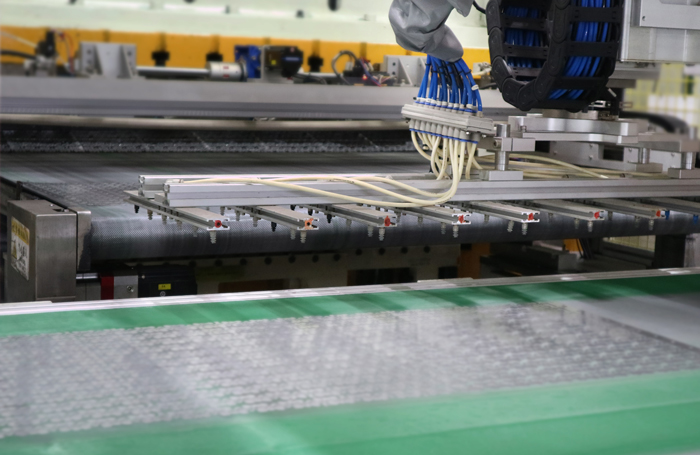
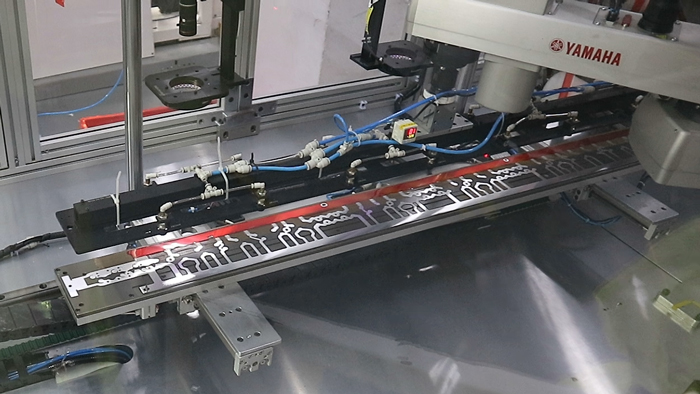
Continuous Open Communications – The third key aspect of our zero-defect, on-time performance is a firm commitment to proactively identifying any emergent issues and raising awareness among all stakeholders to assure resolution before the issues can turn into production problems. As part of this problem avoidance process, it is not unusual for ENNOVI engineers to regularly travel to our customers’ sites for in-depth analysis of any issues at their production facilities. This commitment to early identification and resolution is a vital element in avoiding defects and keeping production running smoothly.
Summary
As the global EV market continues rapid growth toward ultimately replacing the world’s traditional reliance on fossil fuel-based transportation, the ability to meet stringent quality standards will be a key to success, both from a customer acceptance and a profitability standpoint.
As described in this article, meeting these quality goals will require a focus on key manufacturing disciplines as well as developing high-functioning relationships between suppliers and EV manufacturers to assure constant communications to support scalability and sustainability of quality-focused processes.
